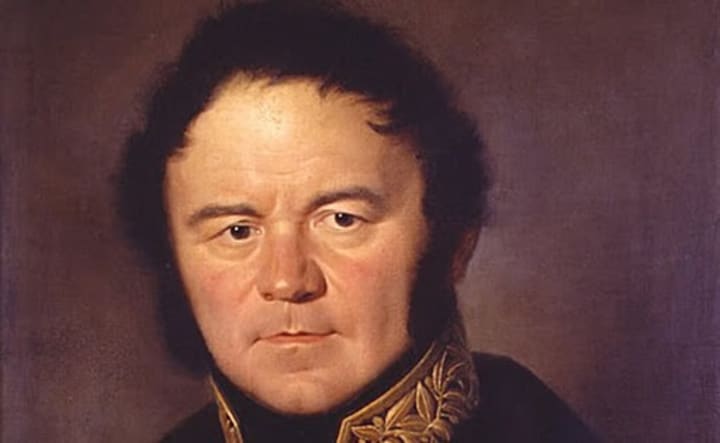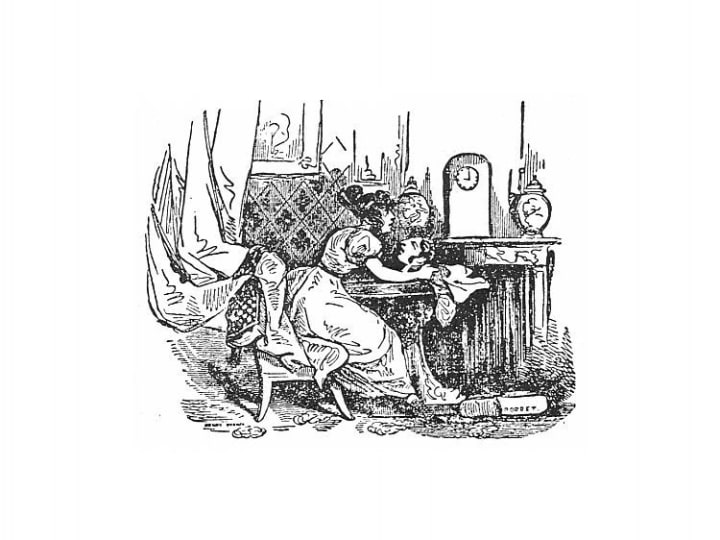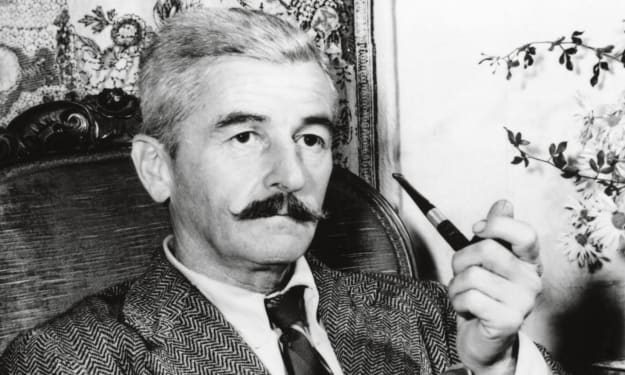"The Red and the Black" by Stendhal
A Reading Experience (Pt.26)

It’s been a long, long while since I read “The Red and the Black” by Stendhal. I first read it when I was sixteen and the reason I read it was because I accidentally mistook it for “The Charterhouse of Parma” by the same author. I was actually looking for “The Charterhouse of Parma” and picked up “The Red and the Black” from the shelf instead. It’s recorded in my diary as me making a strange mistake and not really looking at what I was picking up. But it proved to be an amazing book anyways and ironically, I enjoyed it far more than I enjoyed “The Charterhouse of Parma” when I got around to reading that one. My first reading experience of “The Red and the Black” was admittedly a little difficult. There was a lot of political language I needed to look up and so, I kept my dictionary at hand again. When I finished the book, I had a sense of real pride and yet, I found the book to be very satirical and actually somewhat humorous about the way political position and social hierarchy were seen in France during the time of the author himself. The book changed my opinion on French Literature forever because until then, I had only been exposed to either horrors or books like “Les Miserables” and “Notre Dame de Paris”. I had never really read anything that directly made fun of itself. It was a cool and refreshing idea of France and I thoroughly enjoyed my experience of it.
My favourite character in the book is Julien Sorel who begins as a bit of a teacher and moves up in the world of social hierarchies. He is great because of the way he is able to not take himself overly seriously inside his head, but still manages a sense of high decorum in order to move him, like a chess piece, around socialites and rich people alike. When he falls in love though, he reveals to the reader his greatest weakness - emotion and contemplation. Since France is beginning to move ever faster in its salacious gossip, its revolutions and its advancement of knowledge, contemplation and emotion are seen as valuable time being wasted and Julien, when in love, does a lot of contemplation. Unfortunately, this may not have hurt Julien’s position but it definitely hurt how speedy he was in getting things done in comparison to other people. He has various fall-outs with characters and manages to get himself into a mess before he is guillotined. I believe Julien represents the very essence of the changing France. It is constantly changing position and piece and yet, it struggles to keep up with itself. It becomes almost pitiful and whines over its sorrows until one day, through the time wasted through contemplation - it is destroyed by an act of absolute foolery. Yet, around them, nobody really believes that what they did merited the punishment. It is a sad story when you look at it, but it is told with great satire, great humour and it starts off with one of the greatest opening chapters I’ve ever read.

A key theme in the book is knowledge and not just knowledge in a sense of knowing things academically either. It is knowledge in the sense of knowing everything that is going on politically and during the July 1830 Revolution. It is knowing how to act, who to talk to and when to ask for their help. It is knowing everything about your own social position and how to better it. It is knowing your feelings for someone else before they consume your very being entirely. It is about knowing where France is heading and yet, the last two things - not many people in the book can actually do. Madame de Sorel can’t not let her soul be consumed by love and she ends the book with her death - it is very upsetting. But the main irony is about the fact that Julien Sorel is a teacher. The characters play out this theme in the book by seemingly knowing each other and each other’s social position and why it’s important - but they don’t seem to know a lot about where the country is headed and whether they will even have that social position tomorrow. It keeps them on the edges of their lives, pounding them on and making them try new and impulsive, often dangerous things. For who knows, they may not be there tomorrow. This theme, I believe, is used to entail absolutely everything about the book. The book not only deals with Julien as a teacher - but it also deals with a deep-seated political fear: revolution. The book has the 1830 revolution entailed into it and yet, there are deep uncertainties about various ways of life. Not only for the super rich but also for those who have climbed the ladder. The point is that the richer you get in France, the more you are concentrating on the fleeting things apparently. There is social position, class and there is a bunch of academic knowledge that cannot be applied to the very real and quickly changing world. But there is also a war happening right before their eyes. When they become entailed in this, it is very clear that nobody really knows what they’re doing. They are all just closing their eyes and guessing, hoping for the very best outcome. But it is they who have the least experience.
This book means a lot to me because it taught me that there are a bunch of different French novels out there. It’s not just all about Les Miserables. It impacted my latter reading experiences because it was after that I started reading people like Zola - and I thank Stendhal with most of the ability to understand the more political details in these books. Through my re-readings of “The Red and the Black” I have realised that satire is one of the best qualities of the novel and that if you focus on that aspect very carefully, you can see that even though the story is sad - the way it is told is fairly funny actually. The best thing about the book though is that opening chapter, because from that you really can’t tell that all shit is about to go down. It looks so calm and almost idyllic at the beginning compared to the whole of the last half of the book.

I think more people should read this because it, in my opinion, is far more fun to read than “Les Miserables”. It is like “Les Miserables” funny and slightly arrogant spoilt cousin. But, there is a culture of people who still read Stendhal today because of his staunch politics for liberation and his values towards France. Upon my next re-read, I’d like to know more about the links between Hugo and Stendhal - it would be nice to see if there’s any real similarities between the books or am I just looking too into it.
About the Creator
Annie Kapur
200K+ Reads on Vocal.
English Lecturer
🎓Literature & Writing (B.A)
🎓Film & Writing (M.A)
🎓Secondary English Education (PgDipEd) (QTS)
📍Birmingham, UK






Comments
There are no comments for this story
Be the first to respond and start the conversation.